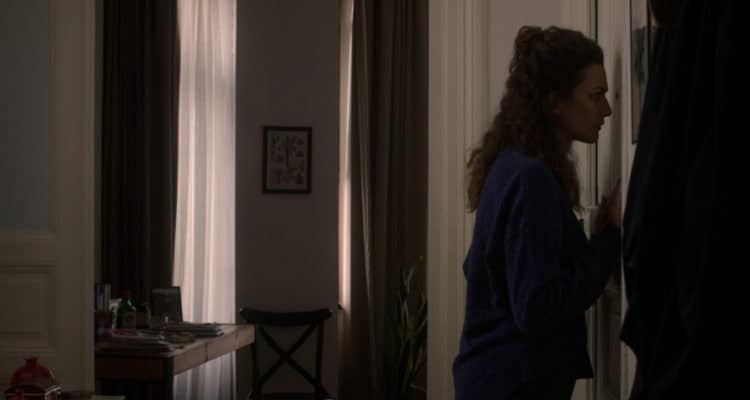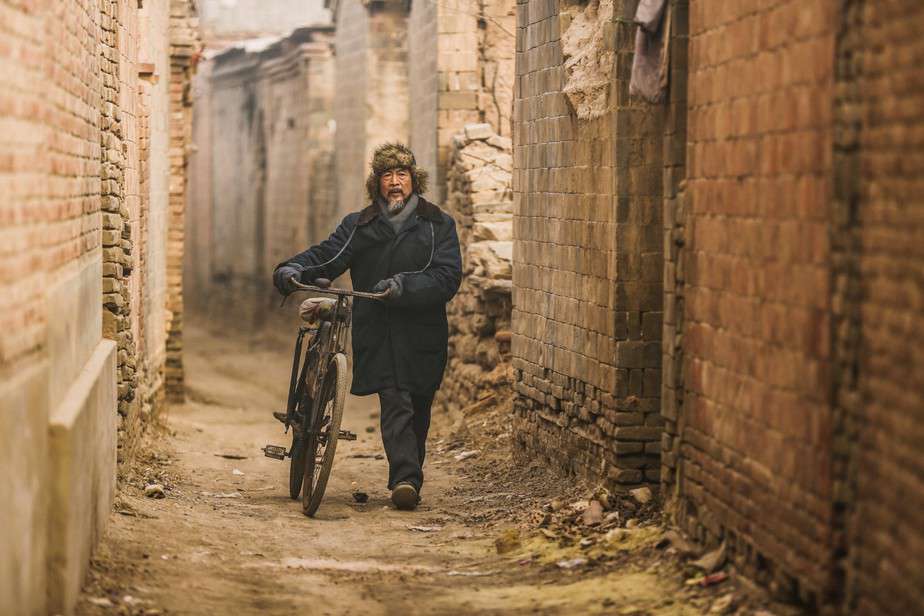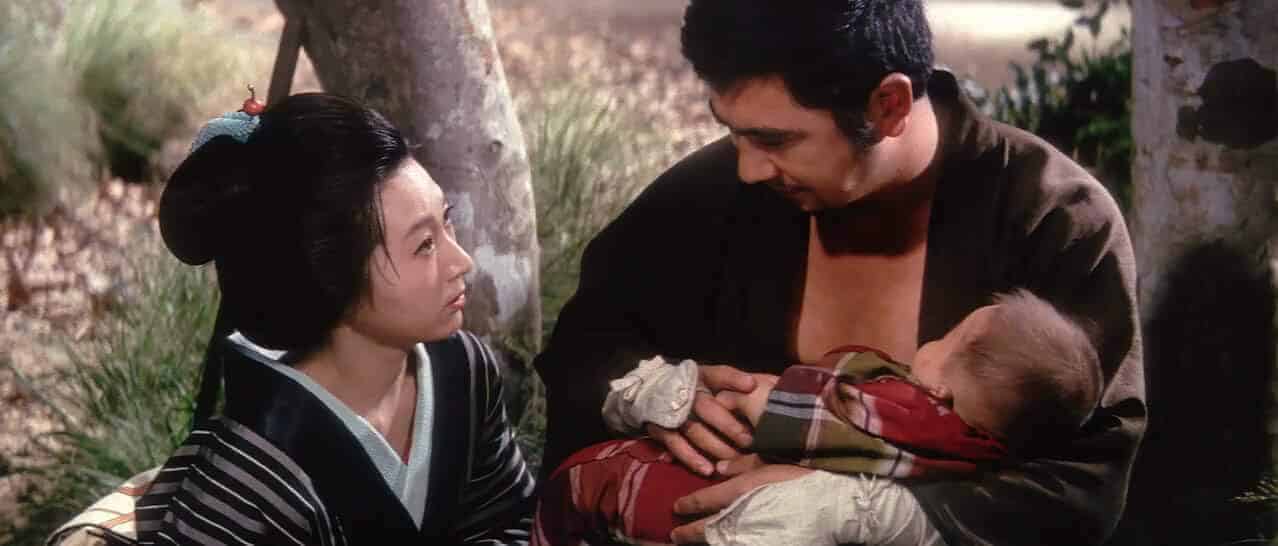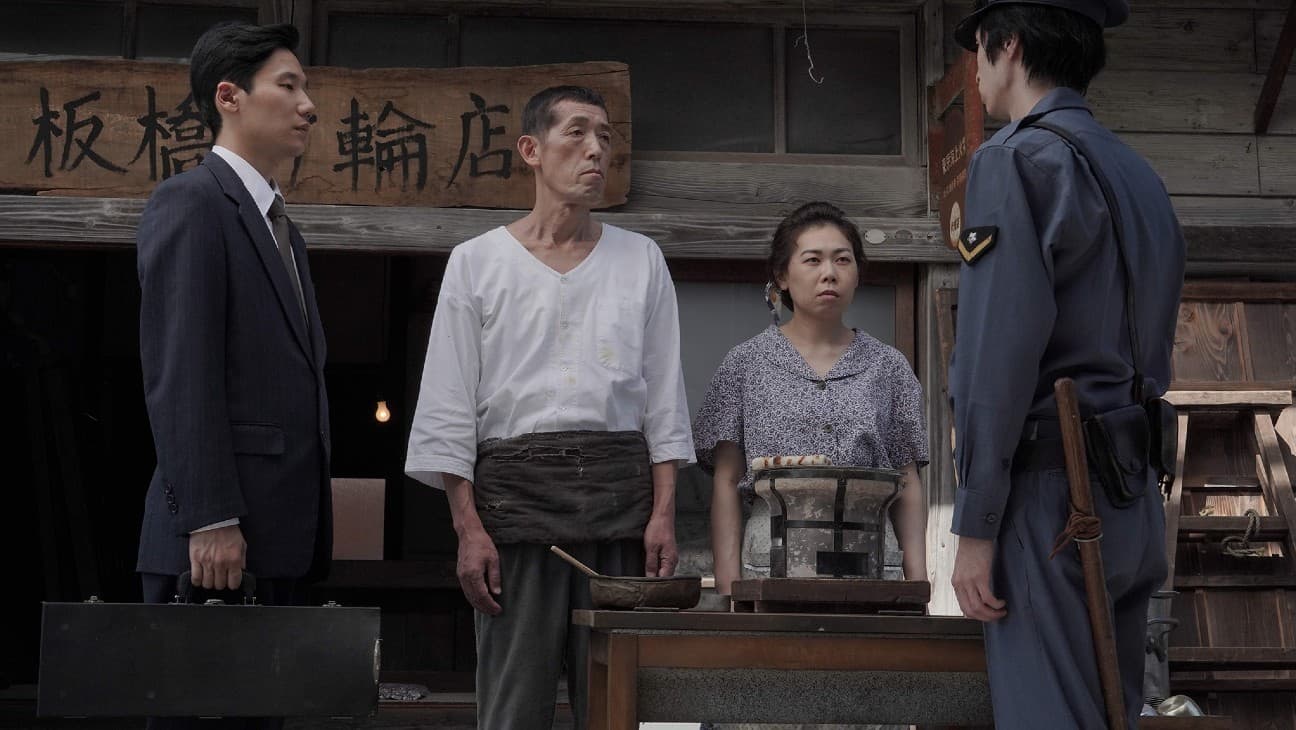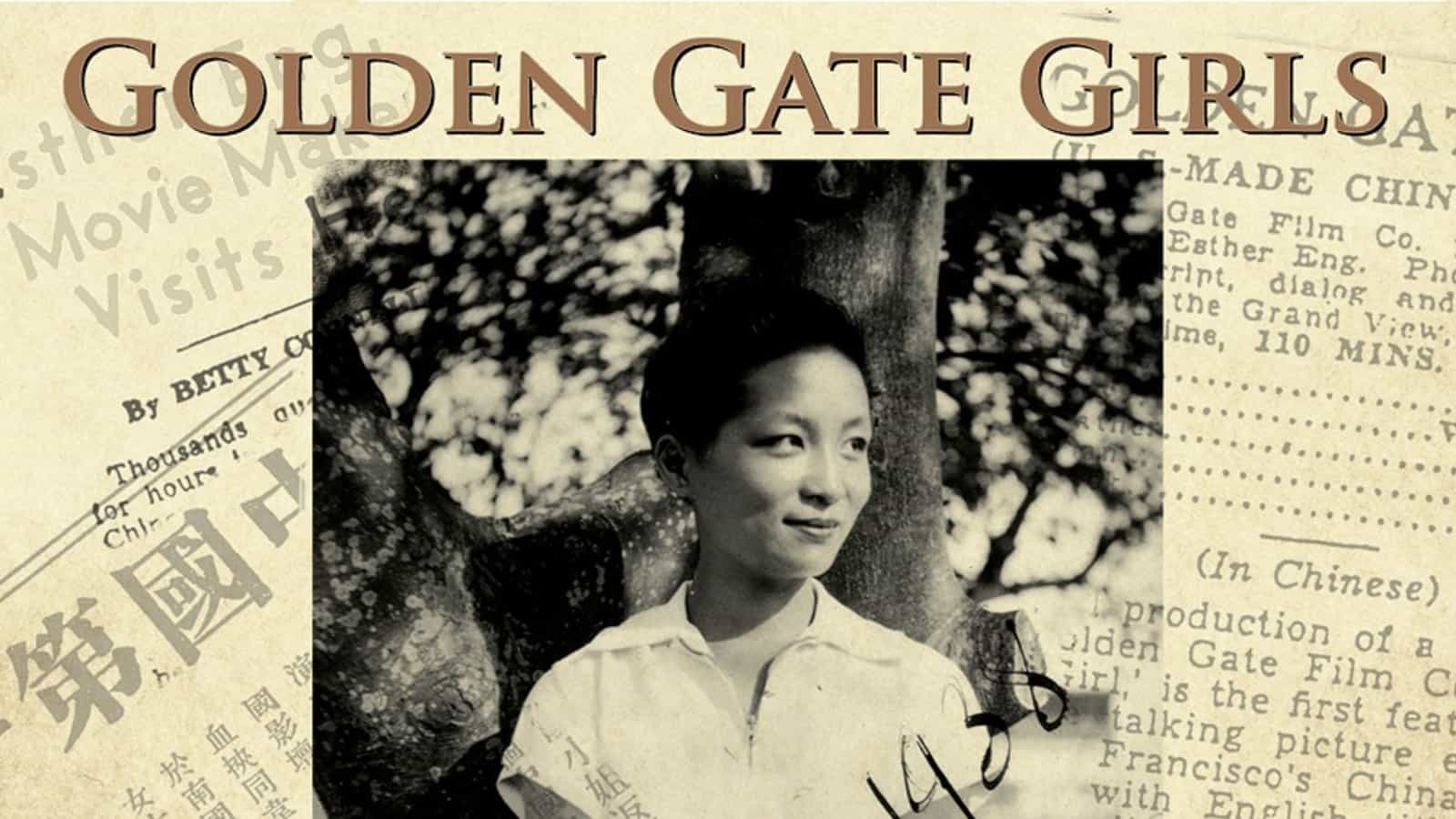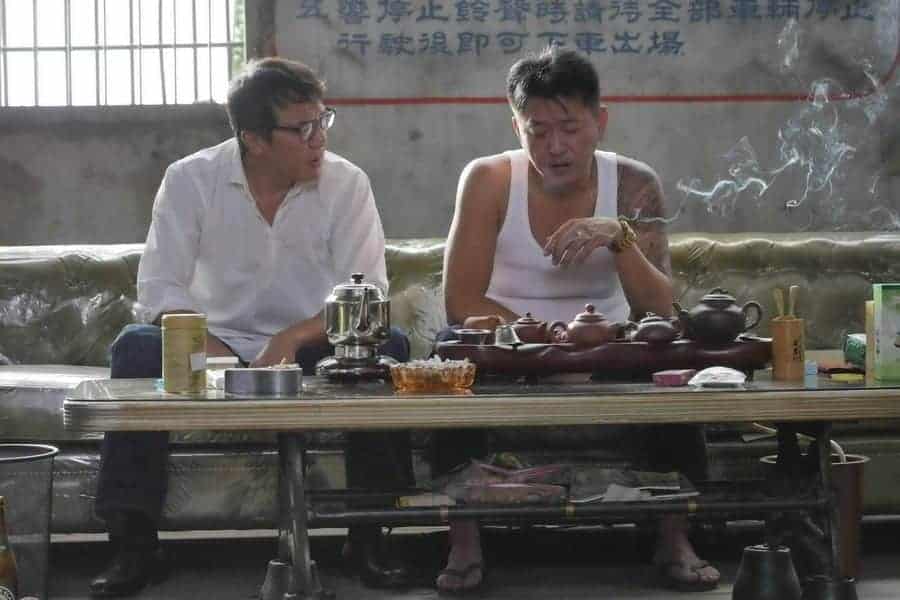Many nations all around the world do their best to maintain a facade of normality, of democracy and liberalism at time, even though the reality for their citizens is quite different and defined by repression, fear and paranoia. However, from the outside, many of these places are similar to a blackbox with only the official version of events being broadcast in the media, but then, we sometimes have cases of courageous individuals who lift the proverbial curtain to show us the reality behind the fiction. Obviously, their acts do not go unnoticed by the authorities in their home country, often resulting in strict punishments, bans and even jail sentences, for example, in the case of Turkish journalist Deniz Yücel whose imprisonment after the publication of many compromising articles about Turkish politics led to international protests which continued until he was eventually released. These incidents not only do lasting damage to the aforementioned facade of a nation, but also leave emotional and psychological wounds for those affected.
“Echo” is screening at Film Festival Max Ophüls
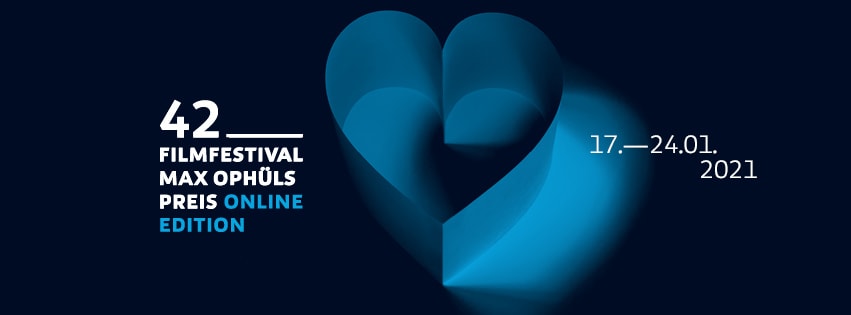
In their short feature “Echo” directors Hazal Kara and Sezin Ertek discuss these individual wounds after being imprisoned for doing what is essentially one's job, and how one can possibly go back to some kind of routine. At the center of the story we find Defne (Bengü Ertin Balta) who returns to her apartment after having been imprisoned for some months due to the articles she wrote for a Turkish newspaper. Upon returning, she has to take care of the rent payments for the previous months and slowly tries to re-connect to her old self, the old routine of living and working, which is, as she soon realizes, more difficult than anticipated. During a dinner with a few of her friends, she has a nervous breakdown.
Instead of going for the potential huge drama which is one option to choose from when telling a story like this, Ertek and Kara decide for a very different path. The narrative and formal approach is quite subtle, with a few details and gestures of their actors giving away the back story of the characters and their emotional state. Especially Bengü Ertin Balta as the main character gives an incredible and quite believable performance as a woman who desperately wants to go back to the way things were, to her old self, as mentioned before, and in a way represses the experience of the past few months, even though the psychological wounds become quite apparent to her and the viewer.
However, the fate of the individual results in a changed perception of the environment. Upon observing the street below her apartment, a gesture which seems to have been part of her morning routine, the camera lingers on the scenario, eventually focusing in on a few residents and some children. Repeatedly in the story, Ayse Alacaptan's camera highlights the immense gap between the perceived normality and the changed perspective of those who have been through something extraordinary, something which rattled their concept of what “normal” actually is. Apart from the trauma Defne goes through, we are able to see the world through her eyes in a way, a faux normality which is a facade hiding the darkness, the fear and the repression underneath.
“Echo” is a short feature about dealing with trauma and a changed perspective on yourself and the world. Due to their subtle formal and narrative approach, Hazal Kara and Sezin Ertek manage to direct a brave film about a character unwilling to let the trauma of the past dictate her present and her future.


